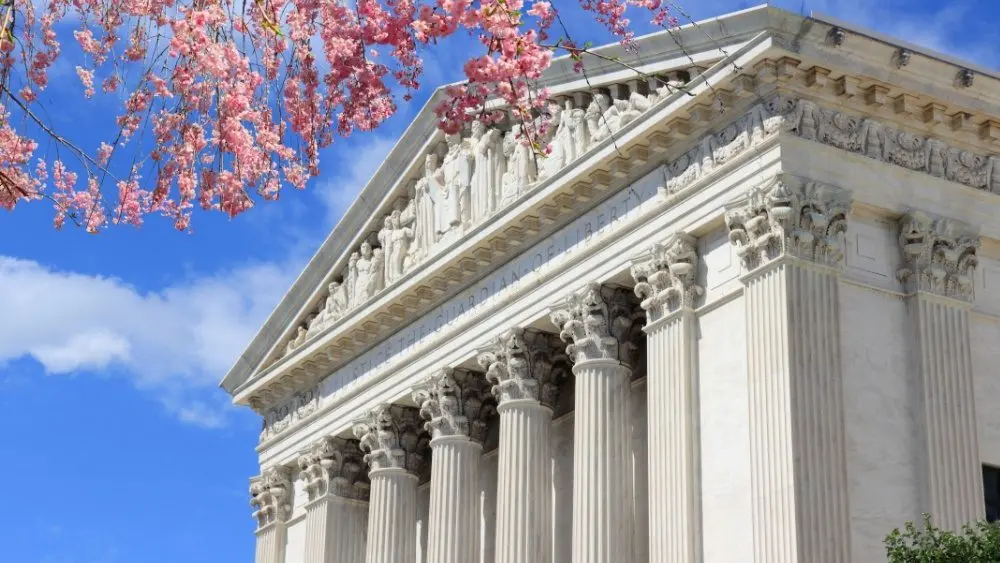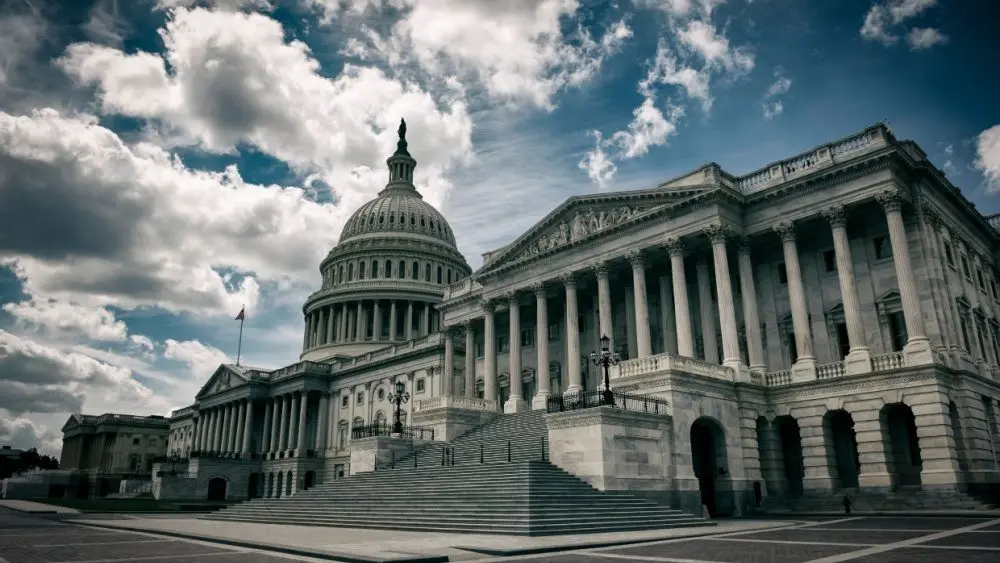
The U.S. Supreme Court appears poised to curb the use of race as a factor in creating voting districts, signaling a potential narrowing of how the Voting Rights Act is applied to race-based redistricting. On Wednesday, the court heard arguments in a closely watched case that could significantly weaken the Voting Rights Act of 1965, a landmark law protecting minority voters. The case, Louisiana v. Callais, centers on whether the state must maintain a second congressional district with a majority of Black voters.
The high court’s six conservative justices appeared inclined to overturn a majority-Black congressional district in Louisiana, suggesting it was drawn with an excessive focus on race. During arguments, attorneys representing both the state of Louisiana and the Trump administration urged the justices to eliminate the district altogether.
Just last year, the Court upheld Section 2 of the Voting Rights Act—the provision that prohibits voting practices that discriminate on the basis of race—in a similar Alabama case. That ruling forced Alabama to add an additional district where Black voters could elect a candidate of their choice. However, in an uncommon move, the justices requested in June that both sides return for a new round of arguments. This time, the Court broadened the scope of the case, instructing attorneys to address a more sweeping constitutional question.
Although the dispute specifically involves Louisiana’s congressional map, the implications of the decision could reach far beyond the state. Civil rights and voting advocacy groups warn that curbing these federal protections for minority representation could “erase decades of progress” and risk re-segregating political bodies such as state legislatures, school boards, and city councils across the country.
Attorneys representing Louisiana, supported by the Trump administration, are urging the justices to eliminate the state’s second majority-Black district. They argue that the Voting Rights Act’s current application gives too much weight to race in the redistricting process—making it difficult, if not impossible, to draw maps without considering racial demographics as a key factor. The plaintiffs contend that the creation of Louisiana’s second Black-majority district was unconstitutional, arguing that it was drawn primarily based on race rather than on traditional redistricting principles such as compactness and contiguity.
According to NPR, rhe results of the case before the high court could have wide-reaching effects beyond Louisiana. Should the U.S. Supreme Court rule in favor of the plaintiffs, Democrats could lose up to 19 congressional seats across the country. Depending on how the justices rule, the Court could send the case back to a lower court with instructions to draft a new map—or it could take a more sweeping step by declaring that Section 2’s reliance on race conflicts with the equal protection guarantees of the 14th and 15th Amendments. Such a ruling would threaten congressional districts nationwide that were established under the Voting Rights Act’s protections, potentially reshaping the political landscape for years to come.
The court is expected to rule by June (the traditional end of its term); however, the justices can issue rulings whenever they are complete.
Editorial credit: Tupungato / Shutterstock.com





